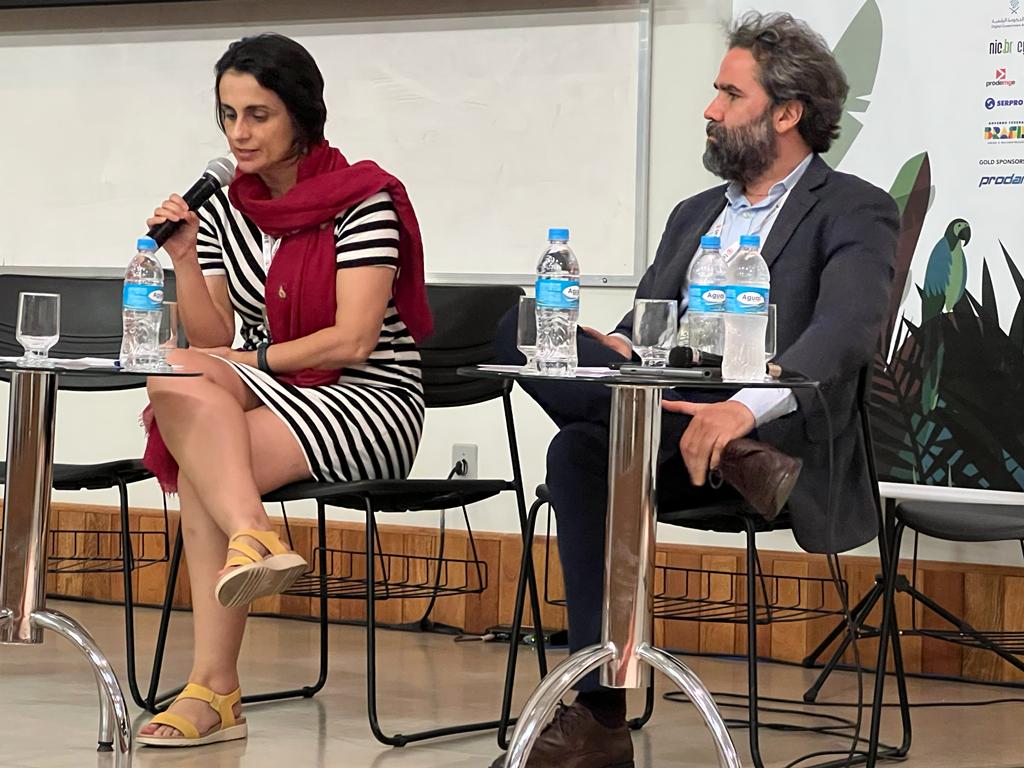Digital governance for inclusion: libraries at ICEGOV 2023
08 October 2023
While digital technologies offer huge possibilities to support sustainable development, realising this potential requires action at all levels, from government to the grassroots. Libraries have a key role to play in this digital governance framework, as was underlined at the ICEGOV 2023 conference in Belo Horizonte, Brazil.
ICEGOV (the International Conference on Theory and Practice of Electronic Governance) has been taking place since 2007, bringing together academics and practitioners looking at how to look at decision-making about digital matters.

With the central role of the internet and wider digital technologies in so many aspects of daily life, the decisions made (or not made) here can have a big impact on wider issues.
IFLA was therefore happy to be invited by UNESCO to take part in a session at ICEGOV organised by the Information For All Programme (IFAP) looking in particular at how to gather evidence to support digital governance for information inclusion.
Cleide Fernandes, Coordinator of the Public Library System of Minais Gerais state in Brazil, represented libraries, drawing on her experience of working through libraries to deliver better lives.
In her intervention, she underlined the role of libraries in building communities, and increasing mobilisation in order to support sustainable development, even if governments themselves had yet to recognise this fully.
There was huge potential to make them part of wider policy agendas, focused on building skills, overcoming inequalities, and promoting democracy. Their unique combination of collections, spaces, services and staff, as well as reach into every town and community can make libraries indispensable, both in gathering evidence about communities needs, and finding localised solutions to them.
Cleide’s words were well appreciated among others at the session, who took the opportunity to reflect and explore further about how they could work more with libraries to achieve their goals.
IFLA is grateful to Cleide and FEBAB, the Brazilian Federation of Library Associations, for their work in representing libraries at this form. Keep an eye on our website for more about the development of our Internet Manifesto.